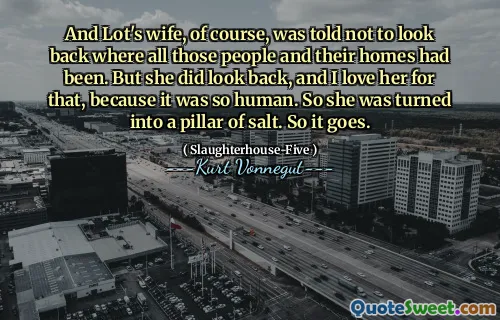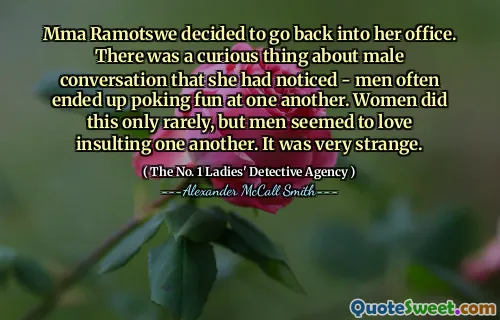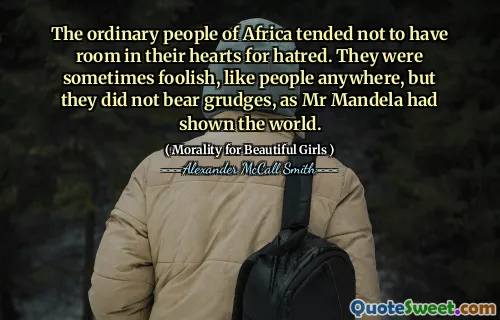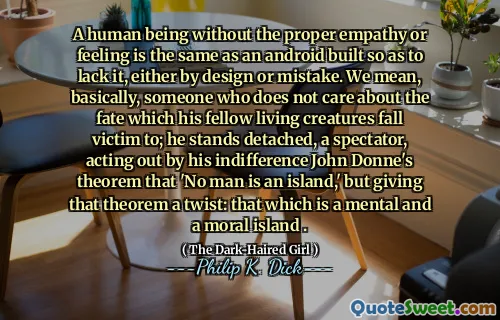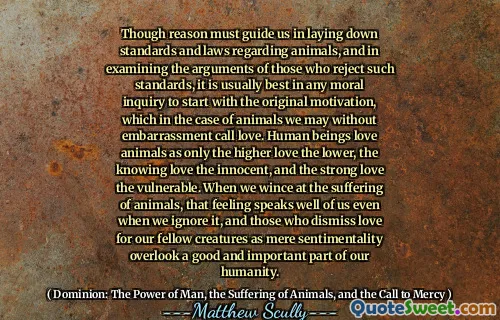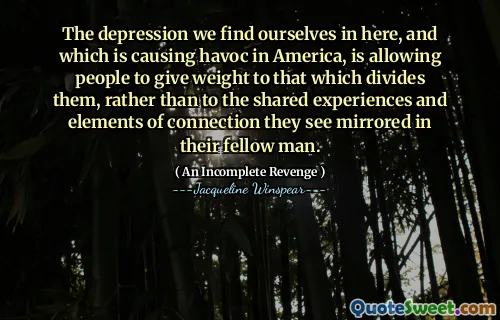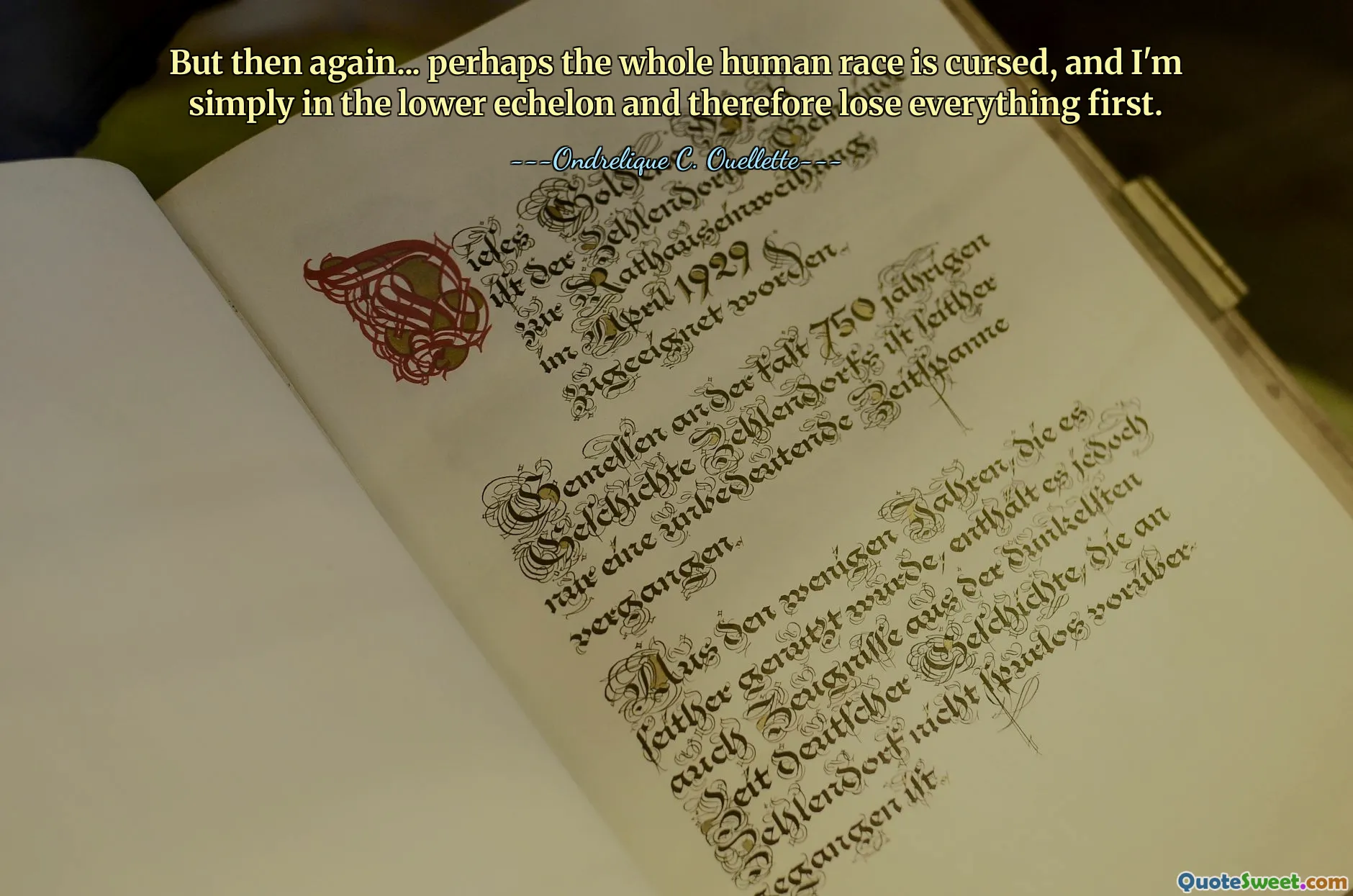
But then again... perhaps the whole human race is cursed, and I'm simply in the lower echelon and therefore lose everything first.
This quote reflects a deeply somber perspective on existence and personal fate within the broader context of humanity. It conveys a sense of despair and resignation, rooted in the feeling of being positioned at the lower ranks of a hierarchy where loss is inevitable and perhaps even expected. The mention of the entire human race being "cursed" suggests a profound pessimism, implying that suffering and misfortune are universal experiences, but one's placement in a so-called 'lower echelon' designates an amplified or premature suffering compared to others.
From a psychological standpoint, this expression captures feelings of alienation and fatalism. It explores themes of inequality—whether social, emotional, or spiritual—and how these disparities can shape an individual's worldview. The speaker seems to grapple with a notion of predestined suffering, which could be indicative of depression, existential dread, or a profound sense of injustice.
Moreover, the quote raises philosophical questions about fate and free will, the nature of human condition, and whether chance or inherent traits assign individuals to different 'echelons' of experience. It invites readers to reflect on the shared struggles faced by humanity and consider empathy for those who perceive themselves at society's margins.
While the statement is heavy and possibly indicative of despair, it serves an important role in acknowledging feelings of vulnerability and pain. By giving voice to such emotions, it allows for a broader discussion about resilience, hope, and the search for meaning despite life's perceived curses or hardships.






